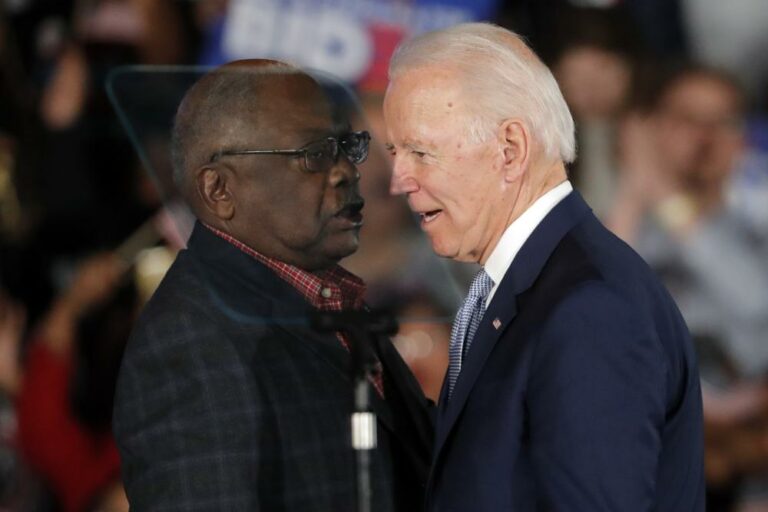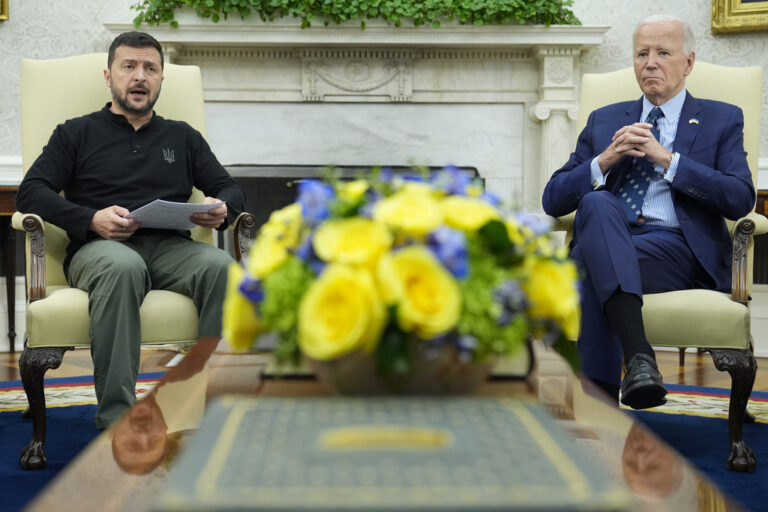 Oskar Groening confessed during his trial to feeling “moral guilt” for serving as an SS sergeant at Auschwitz. On Wednesday, a court ruled that he was guilty of being an accessory to the murder of 300,000 Jews and sentenced him to four years in prison.
Oskar Groening confessed during his trial to feeling “moral guilt” for serving as an SS sergeant at Auschwitz. On Wednesday, a court ruled that he was guilty of being an accessory to the murder of 300,000 Jews and sentenced him to four years in prison.
The 94-year-old, who testified that he oversaw the collection of prisoners’ belongings and ensured valuables and cash were separated to be sent to Berlin, listened expressionlessly to the verdict after a 2 1/2-month trial that could set a legal landmark.
The verdict, and Presiding Judge Franz Kompisch’s thorough and impassioned detailing of the Lueneburg state court’s ruling, renewed hope of more 11th hour prosecutions of other former members of the SS who served at death camps — no matter their age.
“This verdict was critical, because this is the first case brought where the prosecution charged a person who wasn’t involved in the physical side of mass murder,” said the Simon Wiesenthal Center’s head Nazi hunter, Efraim Zuroff, in a telephone interview from Belgrade.
“This paves the way for additional trials of individuals who did not literally pull the trigger but who were part of the implementation of the Final Solution.”
Kompisch acknowledged that Groening was born in a different time, growing up in the aftermath of World War I in Germany in a right-wing nationalist family, in a society where Jews were portrayed as a danger to the country. However, he said Groening joined the SS of his own volition when he had many other options.
“You didn’t want to stand on the sidelines,” Kompisch told Groening, who listened attentively for more than an hour and a half as the judge detailed the ruling, occasionally sipping from a bottle of water. “You wanted to be there.”
In his job at the death camp, for which he has been dubbed the “accountant of Auschwitz,” Kompisch said Groening was part of the “machinery of death,” helping the camp function and also collecting money stolen from the victims to send to Berlin to help the Nazi cause.
Though he knew exactly what was going on at the camp, he did not have himself transferred away, which likely would have meant serving on the deadly Russian Front, Kompisch said.
“It is a question of courage and a personal decision,” he said. “You decided on a job where the possibility of your own death was relatively minimal.”
“What you, Mr. Groening, see as moral guilt is exactly what the law sees as accessory to murder,” the judge said.
Groening walked out of the courtroom without talking to reporters.
The charges related to a period between May and July 1944 when hundreds of thousands of Jews from Hungary were brought to the Auschwitz-Birkenau complex in Nazi-occupied Poland. Most were immediately gassed to death.
Unusually for trials of former Nazi camp guards, Groening was been open about his past throughout the 17 days of hearings.
In their verdict, judges went beyond the 3 ½-year sentence prosecutors had sought. Groening’s defense team had argued for acquittal, contending that as far as the law is concerned he did not facilitate mass murder.
Kompisch said Groening deserved respect for having been open about what he did and having testified, but that given the enormity of the crime it would have been inappropriate to impose a lower sentence.
Both sides have a week to appeal, and both prosecutors and the defense said they would consider whether to do so. Defense lawyer Hans Holtermann said Groening remains free in the meantime, and given his age and the possible length of appeal proceedings it was uncertain whether he would actually go to prison.
Dozens of Auschwitz survivors and their relatives joined the trial as co-plaintiffs, as German law allows, though none were present for the verdict.
Lawyer Thomas Walther, who represents 51 co-plaintiffs, said that “it is an excellent verdict.”
“For us, it not a big question of whether it is three, four, five, six years in prison — that was never a topic,” he said. The survivors “are just happy that this trial has been carried through to the end and that there was a verdict.”
Walther, a former prosecutor who investigated Nazi-era crimes, was instrumental in advancing the new legal theory that service in a death camp is enough to prosecute someone for accessory to murder. He said the verdict was a vindication that could lead to new prosecutions.
“It is really an unbelievable confirmation of our argument,” he said.
Auschwitz survivor Leon Schwarzbaum, 94, who was not a co-plaintiff but came to see the verdict, said that Germany should have acted far earlier against Groening, but that the verdict was a “measure of justice.”
“Unfortunately I can’t forgive him for what he has done,” Schwarzbaum said. “Maybe he took the ring from my mother’s finger as she was forced off the train.”
(AP)











4 Responses
it’s amazing, 4 years for being an accessory to 300,000 murders. thats 7 seconds per person!!!
that’s not what i call justice.
He doesn’t have enough time left in this world to pay for what he did
It’s a good verdict. Why should he die “b’saiva tova?” This way his family and friends will have the chance to learn and remember the true person that he was.
A groyse yoshar koyach to Dr. Efraim L. Zuroff!